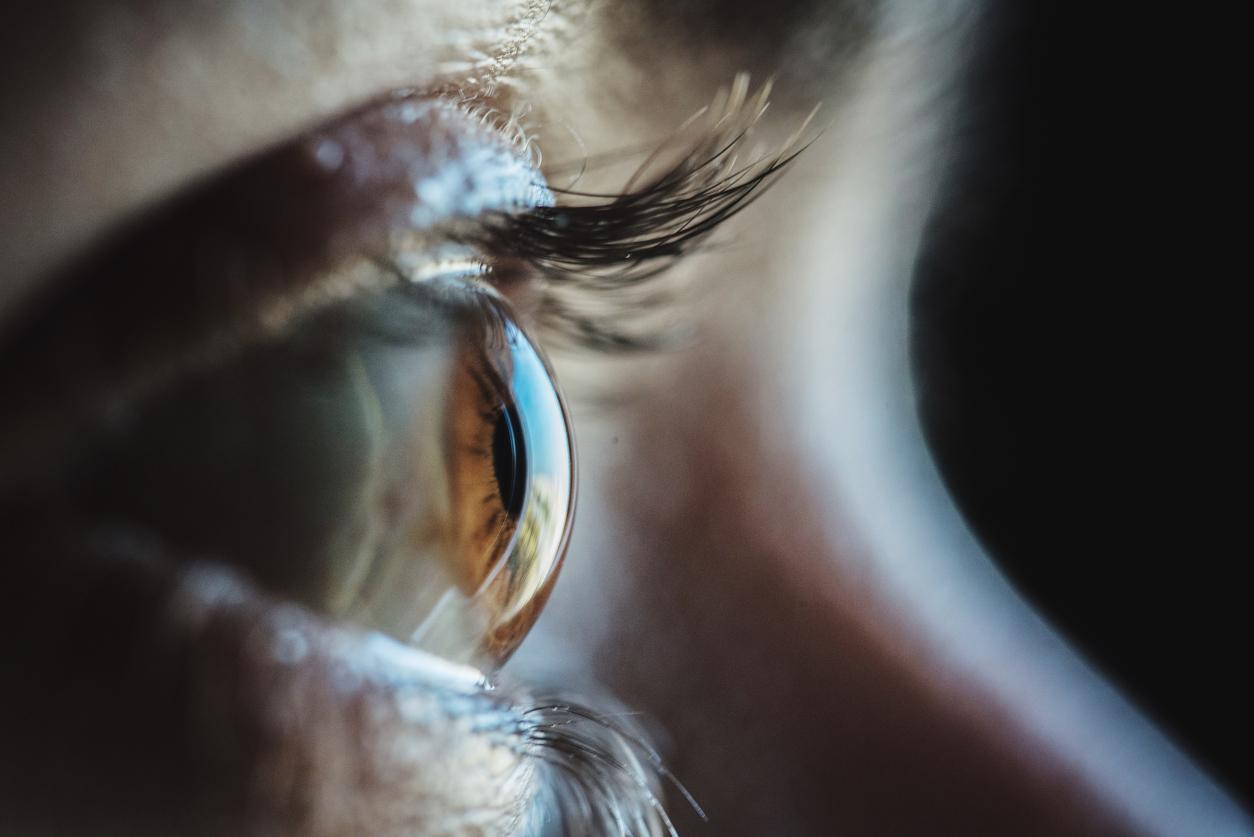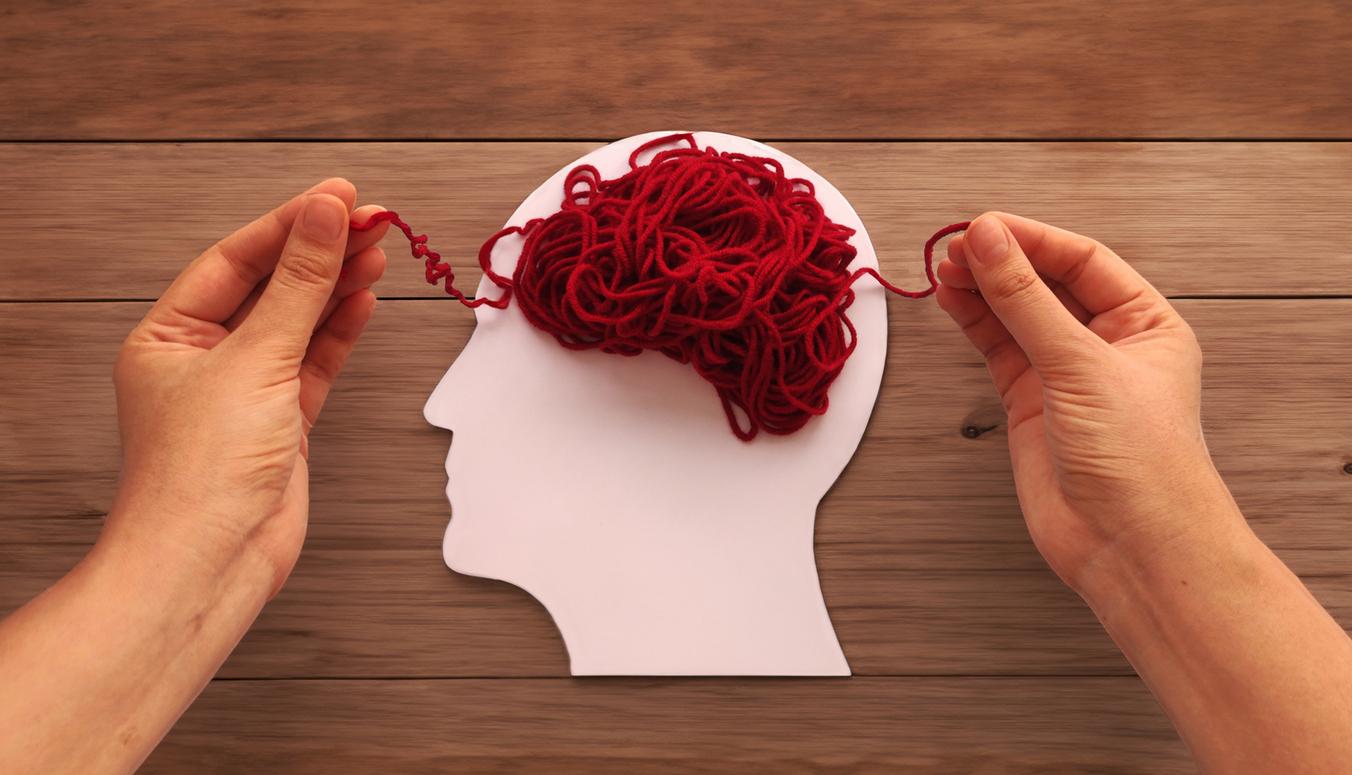Taking probiotics and vitamin D supplements can improve cognitive functions in adults with schizophrenia.

- Schizophrenia results in cognitive difficulties, more precisely a global disorganization of thought associated with disorders of memory, attention or reasoning.
- In one study, supplementation with probiotics and 400 IU of vitamin D per day for 12 weeks improved the cognitive functions of participants with this psychiatric illness.
- According to the authors, probiotics could “treat mental disorders by regulating the intestinal microbiota”.
In France, 600,000 people suffer from schizophrenia. As a reminder, this psychiatric illness, which generally begins in adolescents or young adults, is characterized by very variable symptoms. According to Inserm, the most impressive are delusions and hallucinations, but the most disabling are social and relational isolation as well as cognitive difficulties. These so-called “dissociative” symptoms correspond to a global disorganization of thought (for example confused or irrelevant speech) associated with disorders of memory, attention or reasoning, “which can be a source of major handicap in daily life.”
Supplementation with probiotics and 400 IU of vitamin D per day for 12 weeks
Recently, researchers from the University of Social Welfare and Rehabilitation Sciences (Iran) revealed that co-administration of probiotics and vitamin D was beneficial for the cognitive health of schizophrenia patients. To reach this conclusion, they recruited 70 adults with schizophrenia. Participants were randomly divided into two groups. The first group had to take a placebo, while the second group was given a supplement of probiotics and 400 IU of vitamin D per day for 12 weeks. The severity of the pathology and cognitive functions were assessed using tests called the Positive and Negative Syndrome Scale (PANSS) and the 30-point Montreal Cognitive Assessment (MoCA).

More schizophrenia patients had normal cognition after intervention
According to the resultspublished in the journal Neuropsychopharmacology Reports, the MoCA score increased by 1.96 units in the group that took probiotics and vitamin D compared to the placebo group. Furthermore, the percentage of patients with MoCA scores of 26 or more, i.e. indicating normal cognition, increased significantly in the intervention group. Regarding PANSS scores, differences between groups were not significant, according to the authors. “Probiotics could constitute a new way to treat mental disorders by regulating the intestinal microbiota”, said Gita Sadighi, lead author of the work.
















